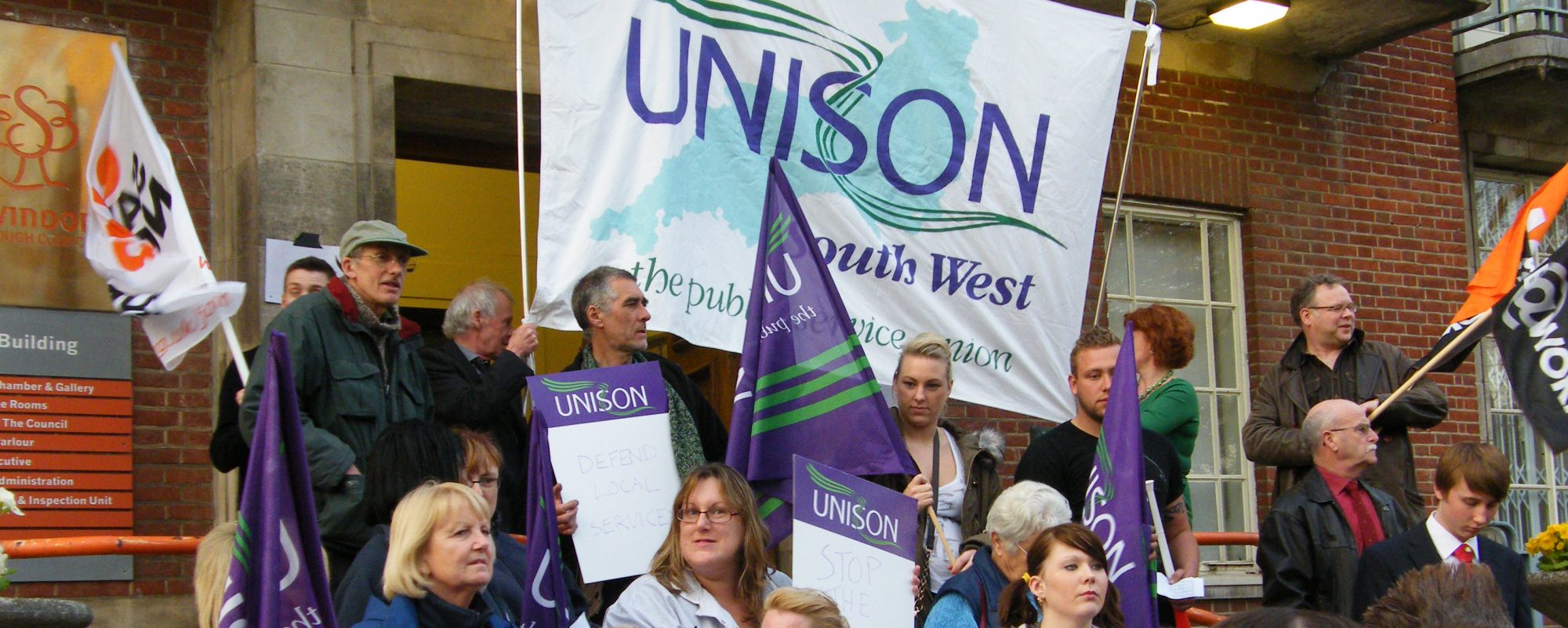Robert Jenrick has unveiled his “comprehensive package” for local authorities. Councils will get
- An extra £500 million to cover the costs of responding to coronavirus, and
- Where income losses are more than 5% of a council’s planned income from sales, fees and charges, the government will cover 75p in every pound lost.
The first thing to be said is it is not enough. The LGA estimates that councils face
- Lost income resulting from the lock-down, of £6.5 billion and
- £4.4 billion “cost pressures”, i.e extra spending,
which totals £10.9 billion.
The government’s formula for losses would mean that £325 million was left out of the equation and they would cover 75% of 95% of losses. That adds up to £4.631 billion. Add the £3.7 billion emergency funding (including the extra £500 million) and it totals £8.331 billion. The shortage is therefore £2.569 billion.
Unless the government covers both the extra spending and the lost revenue than we will have a new phase of local government austerity with job and service cuts. Therefore, pressure should be brought to bear that the government covers both extra costs and losses in full. Of course, the impact will not be restricted to this financial year.
The Local Government Chronicle has reported initial responses on the package.
Chief executive of the Chartered Institute of Public Finance & Accountancy Rob Whiteman said that the Ministry of Housing, Communities & Local Government has “moved away from an initial vow to support local authorities in full, to promising future attention in the context of ‘burden sharing’”.
“Now that the government has today finalised its package, this autumn’s budget round where councils plan for 2021-22 and beyond will be the toughest they have ever experienced,” he warned. “Residents up and down the country are likely to experience service reductions as councils meet their statutory duty to balance budgets.”
Martin Reeves, finance spokesperson for the Society of Local Authority Chief Executives & Senior Managers (SOLACE), also welcomed the measures, but added that it “remains clear, however, that despite these short-term measures there will still be a funding gap for the sector in terms of additional Covid-19 related direct expenditure, enhanced latent demand for critical services and income losses”.
“Solace has consistently argued for a sustainable funding settlement for local government which provides the sufficiency, certainty and flexibility to be able to deliver the services for our communities as we re-build a different future together. This simply cannot be short-changed – it’s too important for that.”
The Special Interest Group of Municipal Authorities’ chair, Stephen Houghton (Lab) warned that the £500m would “only potentially cover our members till the end of this month, meaning many will still face substantial in-year deficits”.
“This cannot be the last intervention on cost pressures for councils,” he said. “The risk of significant cuts and s114 notices has not gone away. We await the formula and how it takes account of previous tranches to allow an overall fair allocation.
“On income support, while it is welcome that sales, fees and charges losses are being addressed, there are many other sources of income not mentioned, which is concerning. We will need to look at these proposals in more detail and there still some major unknowns including future commitments on irrecoverable losses of council tax and business rates.”
Paul Dossett, head of local government at, Grant Thornton, pointed out that councils “continue to face savings challenges” and “will be faced with the task of running services in a continued period of social distancing, which will have a significant impact of their asset and service capacity”.
Martin Wicks
